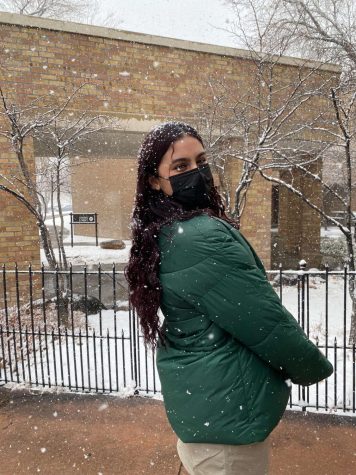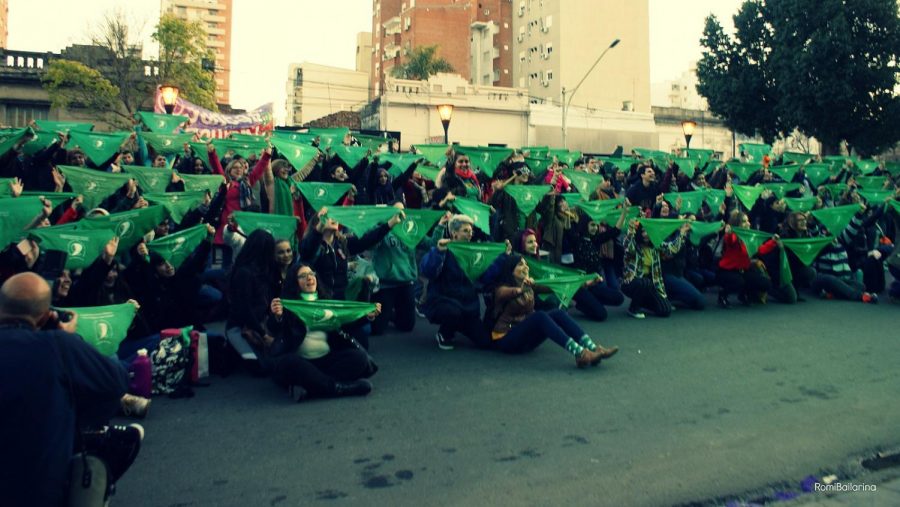Argentina Abortion Legalization
Allies hope this portends the future
After more than 30 years of grass-roots campaigns and rallies of political power, Argentina has become the largest nation in Latin America to legalize abortion. In recent months, the symbol for the Argentinian feminist movement, a green handkerchief, has shown up all over Argentina and other Latin American nations, as women have taken the streets to protest against abortion restrictions. On December 30th, the campaigning proved effective when a landmark decision approved a bill that legalizes and promises free abortion up to 14 weeks. The bill is now set to be signed into law by Argentina’s president, Alberto Fernandez. This major win for the feminist movement in Argentina not only stands in deep contrast to their previously restrictive abortion laws but shifts the country’s political and cultural narrative to allow for other revolutionary bills, such as ones for marriage equality, equal pay, and LGBTQ+ rights. The legislation sets a precedent for a shift towards a more progressive and secular Latin America. Before December 30th, only women in Uruguay, Cuba, and Guyana had access to legal abortions. Many other Latin American countries are starkly opposed to such legislation, even resorting to incarceration if a woman’s pregnancy does not end with a live birth. Despite such strict regulations, studies have found that massive amounts of illegal abortions happen each year—often resulting in hospitalizations or deaths. Argentina’s decision lifts abortion out of the shadows and is a step against anti-abortion rhetoric that largely dominates Catholic Latin America. As put by one activist, “This is the floor and not the ceiling.”

When not making art, browsing Goodreads, or writing for The Advocate, Features Editor Noor Ali '23 is active in SDLC, Model UN, and Albuquerque Academy's...







